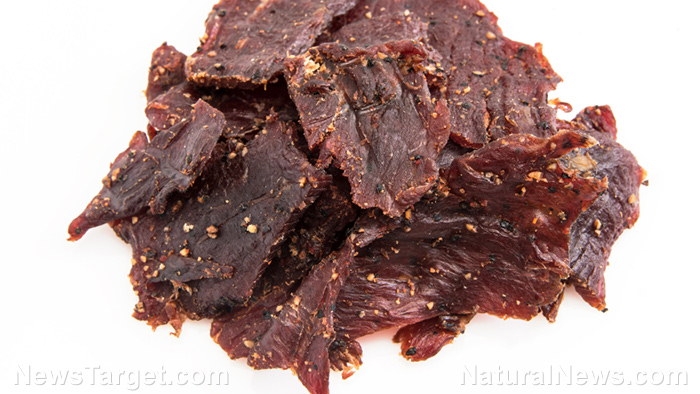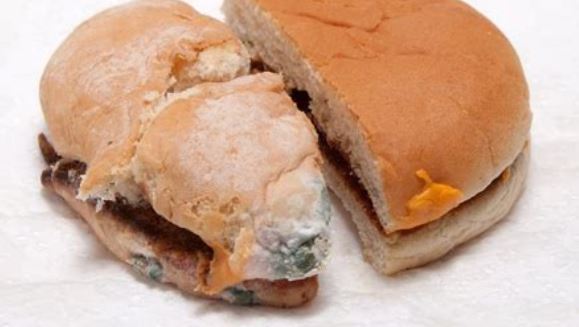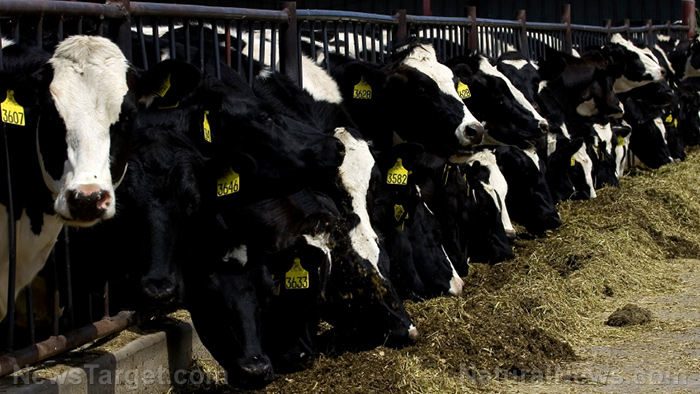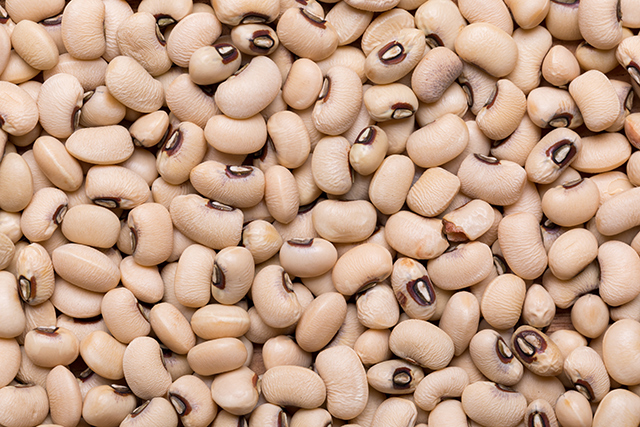
Grains, flour, pasta and other sources of carbohydrates are ideal for long-term storage, making them staples of survival stockpiles. But carbohydrates can only get you so far in a true survival situation.
A well-rounded survival diet should contain protein as well. Protein is the building block of life, as all your cells are made of protein.
Protein is what gives structure to skin, hair, nails, muscles, tendons, bones and organs. And at times when your body doesn't get enough energy from carbohydrates or fats, protein can even serve as fuel for your cells.
Protein and its importance
Protein is one of the main components of cells. The various enzymes that drive the biochemical reactions in the body are also proteins, and they are involved in other key functions, such as digestion and blood clotting.
The different parts of your body also rely on proteins in the form of hormones to communicate with each other. These hormones are essential for growth and development, as well as blood sugar control and healthy reproductive functions. Proteins like collagen also provide structural support for tissues.
Protein helps your body maintain fluid balance, which is crucial for the normal functions of your heart and liver. Having poor fluid balance can lead to serious consequences like overheating and seizures.
Because protein plays a role in virtually every process that occurs inside your body, protein is high on the list of nutrients you should prioritize getting from your diet. Experts recommend getting at least 0.8 grams (g) of protein per kilogram of your body weight. That translates to your weight in pounds multiplied by 0.36.
Best protein sources for long-term storage
You need to consume protein to maintain optimal health and well-being. Listed below are some of the best protein-rich foods to add to your stockpile:
- Jerky – Jerky is essentially spiced, dried meat. The meat is usually preserved with salt to make it safe for long-term storage. When kept in an airtight container, jerky can easily last for months. (Beware of commercial jerkies made with sodium nitrite, a cancer-causing ingredient.)
- Salt-cured fish – Like meats, fish can go bad quickly. As such, it needs to be cured by dry-salting. This process involves burying fish fillets in at least a half-inch layer of salt. The fillets are then rinsed after two days and patted dry before being put in the refrigerator to dry until stiff.
- Canned meat – Canned meat is often made from animal muscles because those parts are tough. As with other canned products, canned meats can last for several years.
- Textured vegetable protein – Textured vegetable protein is a meat substitute made purely out of plant-based products like soy. It is made to taste and feel like meat. However, it is usually made from genetically modified soy, so it should be largely avoided.
- Beans – Beans are an excellent source of protein for people following a plant-based diet. Since beans are already dried, they store extremely well. Just make sure to keep them in airtight containers to protect them from rodents. If kept inside mylar bags in a five-gallon bucket, beans will easily keep for at least 20 years.
- Nuts – Nuts provide ample amounts of protein and healthy fats. You can also turn them into nut butters. Most nuts will keep well as long as they are kept in their shells. (Related: Top nuts for optimal nutrition.)
- Cheese – Cheese is a protein-rich food made for long-term storage. After all, it is fermented for months, if not years, before being sold. If properly stored, cheese can last for long periods. Even when mold grows on it, the moldy edge of the cheese can be cut off, leaving perfectly good cheese for you to eat.
- Amaranth – Amaranth contains the most protein of any grain at 26 g per one-cup serving. It is the only grain considered a complete protein source because it contains all of the essential amino acids. Like beans, amaranth stores well because it is dried.
Protein is essential for maintaining optimal health and well-being. Add a variety of protein sources to your stockpile to avoid protein deficiency-related health problems in a survival situation.
Learn more about the best foods for long-term storage at FoodStorage.news.
Sources include:
Please contact us for more information.




















